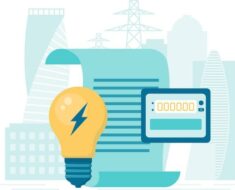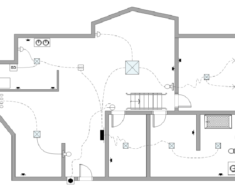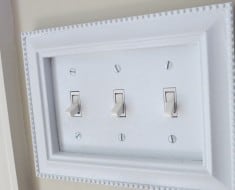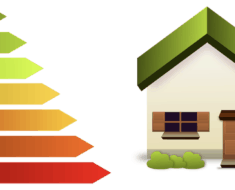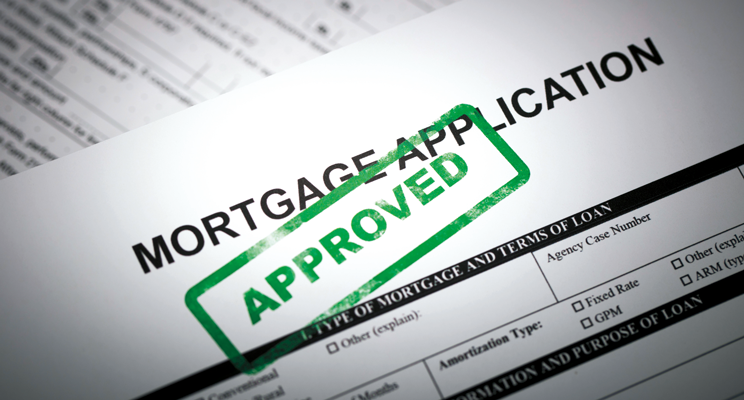
Located in the bustling heart of Indiana, Indianapolis shines as a beacon of cultural richness, economic prosperity, and inviting neighborhoods. Serving as the capital, it presents a harmonious mix of contemporary allure and Midwestern hospitality, positioning itself as a prime location for those aspiring to establish roots. From the energetic pulse of its urban core to the serene appeal of its suburbs, Indianapolis caters to a broad spectrum of preferences. It is a city where diverse communities and vibrant locales converge, offering an array of opportunities for exploration and discovery. This diversity enriches the city’s cultural fabric and provides a wealth of options for potential homeowners, from bustling downtown apartments to peaceful suburban homes.
Before embarking on your search for new homes in Indianapolis, laying the groundwork with effective budgeting and financial planning is imperative. This guide will navigate you through the financial considerations of acquiring your dream home in the renowned Circle City. By understanding the nuances of the local real estate market and the financial aspects of buying a home, you can make more informed decisions and find a property that meets your needs and budget.
Crafting a Feasible Budget
The importance of setting a feasible budget cannot be overstressed. While the allure of luxurious homes is undeniable, evaluating your financial capacity realistically is crucial. Scrutinize your income, expenditures, savings, and indebtedness to clearly show your financial standing. Assessments should include initial costs like down payments, closing fees, and recurring expenses such as property taxes and upkeep. Integrate your home-buying ambitions with broader financial objectives, whether it’s saving for retirement, education, or other significant life events. Incorporating a contingency fund for unexpected homeownership costs, like repairs and updates, is also advisable. By doing so, you safeguard your current financial stability and ensure that your future financial goals remain attainable, aligning your dream of homeownership with a sound financial strategy.
Understanding Mortgage Options
There are various types of mortgages, each with its own pros and cons. The most common ones are fixed-rate mortgages, adjustable-rate mortgages (ARMs), FHA loans, VA loans, and USDA loans.
Fixed-Rate Mortgages:
- Ensure consistent payment amounts throughout the loan term.
- Best suited for long-term residents who value payment stability and predictability.
Adjustable-Rate Mortgages (ARMs):
- Offer initial cost savings with lower interest rates at the beginning.
- Carry the risk of future interest rate increases, potentially leading to higher payments.
FHA Loans:
- Designed to appeal to first-time homebuyers in Indianapolis.
- Feature minimal down payments and more lenient credit requirements compared to traditional loans.
VA Loans:
- Provide significant benefits for veterans and military members.
- Include features like no down payment requirements, making homeownership more accessible.
USDA Loans:
- Aimed at supporting rural homebuyers.
- Offer suitable terms such as low-interest rates and zero down payment to promote homeownership in less densely populated areas.
Research and Consultation:
- Essential to thoroughly investigate all mortgage options, considering interest rates, loan term lengths, and associated fees.
- Advisable to consult with a mortgage expert who can provide insights tailored to your financial situation.
Understanding the nuances of each mortgage type can significantly impact your long-term financial well-being, making it crucial to choose a mortgage that complements your financial situation and homeownership goals.
Enhancing Credit Scores
Your credit score plays a pivotal role in mortgage approval and the conditions of your loan. Lenders evaluate this score to determine your lending risk and interest rate. Elevating your credit score involves:
- Correcting report inaccuracies.
- Consistently meeting bill deadlines.
- Minimizing credit card debt.
- Judiciously managing new credit applications.
These practices enhance your credit profile and may secure more favorable loan terms. A higher credit score can lead to lower interest rates and better loan conditions, making homeownership more affordable and accessible. Thus, improving your credit score is essential to preparing for a home purchase, providing long-term benefits beyond the mortgage approval process.
Synthesizing Your Plan
With insights into budgeting, mortgage alternatives, and credit optimization, you can commence your homeownership journey. Begin by establishing a budget that reflects your financial reality and housing aspirations. Delve into the various mortgage choices available, selecting the one that aligns with your financial situation and goals.
Embarking on the path to homeownership with a practical and adaptable mindset is vital. While the ideal home may have its imperfections, strategic planning, and informed decisions can mold it into your perfect dwelling. Prioritize your main objectives while remaining flexible on fewer details. Leverage the expertise of seasoned real estate experts for invaluable advice. Achieving homeownership success in Indianapolis hinges on meticulous preparation, informed choices, and a steadfast vision for your financial well-being and contentment. This approach ensures that you find a home that meets your needs and maintains a healthy financial outlook, securing your future while enjoying the present.










